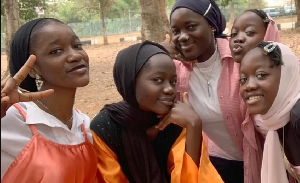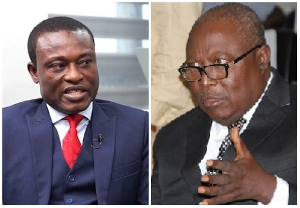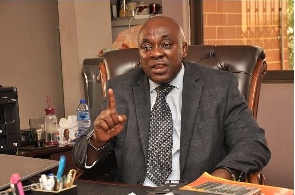Africa News of Tuesday, 23 January 2024
Source: Face2faceafrica
5 sisters rescued from abductors after their other sibling was killed
Nigerian police announced they have rescued five sisters who were abducted in a kidnapping-for-ransom incident that happened in the West African nation’s capital city of Abuja. As previously reported by Face2Face Africa, the rescued victims were kidnapped alongside their deceased sister as well as their father at their home on January 2.
Their rescue on Saturday also comes after the abductors killed their sister Nabeehah due to the family’s failure to pay a $68,000 ransom for their release. The kidnapping and subsequent Nabeehah’s killing drew outrage in the West African nation.
Per BBC, the sisters were rescued from a forest in Kaduna state during a joint operation between the police and army. Authorities in the statement, however, did not state if the ransom had been paid to the kidnappers. Authorities also said the rescued sisters and their family have since reunited.
Besides Nabeehah, the kidnappers also shot and killed three police officers when they abducted the victims. Witnesses also said Nabeehah’s uncle was killed when he tried to seek help in the wake of the incident.
The abductors ultimately released Nabeehah’s father some days later so he could raise the ransom. But Nabeehah’s abductors reportedly killed her after her family was unable to pay the money they were demanding for their release. A family member also told the Daily Trust news outlet that the abductors later returned the 21-year-old’s body to them.
In the wake of their kidnapping, scores of Nigerians donated to a crowdfunding initiative to raise funds to pay the $68,000 ransom. But the country’s Defence Minister, Mohammed Badaru Abubakar, entreated people to desist from contributing as that would “only worse the situation.”
“We believe we have to stop – as painful as it is. We have to stop responding to payment on ransom. If we stop, over time the kidnapping will not be profitable and they will stop,” Abubakar added.
Though Nigerian law bars people from making kidnapping-for-ransom payments, several victims end up paying as they do not believe authorities would ultimately facilitate the release of their loved ones, BBC reported.
Abductors also extending their criminal operations to the capital have also drawn outrage, leading authorities in Abuja to set up a special team to quell the activities of kidnapping gangs. Abubakar also said he believed kidnappers have extended their operations to areas close to Abuja as a result of their criminal activities being clamped down in other locations.
“The security agencies are working very hard to push them out and block the movements and finish them off once and for all,” he said.
In recent years, the spate of kidnappings in Nigeria has been on the rise. This has largely been attributed to the country’s porous security architecture which has led to the rise of vigilante groups and insurgents. The effect of kidnapping on the social lives of Nigerians has been widely documented, but data is scanty on its economic impact, particularly ransom payment.
In 2021, BBC’s Focus on Africa program reported that the amount of money Nigeria has paid to kidnappers as ransom in the past 10 years is estimated at $18 billion – though such payments are illegal. They also cited SBM Intelligence, which is involved in risk analysis. According to the Lagos-based organization, the reported figure may be an understatement as several ransoms paid to kidnappers are not reported in the country.
Ikemesit Effiong, who is the Head of Research at the company, said it derived the $18 million figure from media sources where a verifiable amount of money was published. He told Focus on Africa that the organization also has multiple researchers across the country who monitor the statistics.
These researchers noted that over 1000 people have been kidnapped in Nigeria over the last decade, including relatives of prominent Nigerian nationals, such as the World Trade Organization Director-General, Ngozi Okonjo-Iweala, whose parents were once kidnapped victims.
Effiong said in the past, kidnapped victims were people in the political or elite class who were capable of paying the ransom. However, this profile has changed to “everyday regular people.” He further described the development as a worrying trend. “Pretty much every Nigerian is a potential target,” he said, adding that the change in the profile of the kidnappers is about access.
Entertainment










